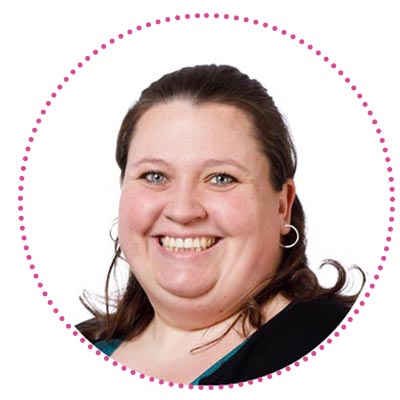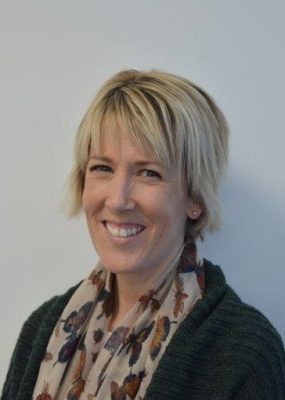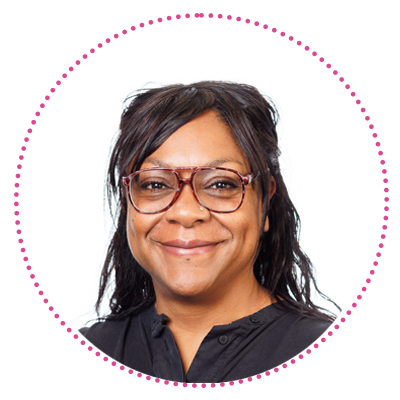Advice For Schools
6 Guidelines to Help Lead Your Statutory Relationships and Health Education Consultation Process
Not sure where to start when it comes to parent and pupil consultations? You’re not the only one.
With the introduction of statutory relationships and health education for primary schools only a matter of months away, many schools will now be focusing on the development of their policies and schemes of work for September.
Some schools have been anxious about this change and the protests we saw last year in Birmingham and other cities has exacerbated this level of concern.
In reality, there will be very little changes for primary schools, but there is a perception that something radically different will be taught once the new school year begins.
The most effective way of allaying fears and smoothing the path is through consultation.
For many years Services For Education has supported schools in designing and carrying out these consultation sessions. So, what are our key guidelines for a successful consultation process?
1. Start with the pupils
Asking the views of pupils first, before working with parents can be really powerful.
This can shape your planning, feedback and discussions with parents, giving them more opportunity to understand what their children are aware of, thinking and asking about.
Find out what pupils actually already know – is it what we expect?
Has previous learning really “stuck”? Are there misconceptions that need correcting? Are there gaps in knowledge that we didn’t expect to be there?
Are we really aware of other incidental learning opportunities pupils may have experienced and what they learnt from them?
For example, the role of the internet, social media, conversations with peers or family members, text from magazines, books and TV are all sources of information for young people.
We need to baseline assess what they know, crucially what they don’t know and then we can create policy and lesson content.
What do pupils want to know?
It’s also about assessing what pupils WANT to know.
School might be the only place they feel safe and secure enough to ask the questions no-one else has answered.
2. Find a balance between structure and informality
How do you tackle these tricky subjects with pupils? Our advice is to conduct semi-structured interviews.
There are key issues you will want to ensure you raise, but sometimes conducting a very informal session can pay dividends in working out exactly what pupils really know.
Remember that Relationships Education is about life, so each pupil will start the topic with different life experiences – and some may have quite a large knowledge base already, though it might be a biased view given each child’s life experience thus far.
3. Use different techniques
Different techniques can be used during your pupil consultations; it doesn’t need to just be Q and A.
For example, use of mind-mapping on topics could be really helpful as a baseline assessment tool.
Other methods you could use (depending on the age and stage of development of the pupils) might include questionnaires, informal baseline assessments, draw and write exercises, mind mapping, open group discussion or even role play.
4. Use open-ended questions and flexible conversation
In order to ascertain pupils’ baseline knowledge and pre-conceptions, questions should be open-ended and discussion should be allowed to flow in the direction pupils steer it, so it is definitely not necessary to stick to a complete schedule of questions in any particular order.
However, I would attempt to ask the same questions in total to all groups of participants. I might alter the level of language according to the age group being interviewed at the time, but key concepts should be roughly the same.
This then helps to see how smooth progression is through the age-groups and gaps can be identified.
When you have consulted with your pupils, it’s time to meet the parents:
5. Remember, parents are different
Like our pupils, not all parents are the same and it’s important to take that into account throughout your consultations.
Some parents might not be fully aware of what pupils already know. For example, if you take the aspect of the “changing adolescent body” which is part of the Health Education, some parents might feel that their child is “too young” to know about how sexual organs change during puberty.
Sometimes even when parents are presented with research around how pupils need to be prepared for what will happen to them before it happens, they may cling to a genuine belief that their child does not need to know about this.
They may believe that by teaching about bodily changes in puberty, children will be taught about sex education (to be clear this is NOT sex education, it is health education and about developing a positive relationship with your own body as it grows and changes).
Sometimes the most powerful message to share is what pupils already know; misconceptions and all.
This can help parents to contextualise what positive and sensitive messages schools will plan to convey to correct misconceptions and answer queries.
6. Use open-ended questions
We would suggest a similar approach with parents as with your pupils, in that the questions need to be open ended in order to fully assess understanding and possible misconceptions of the topics.
The idea of this approach is to find out parental views on particular issues relating to Relationships Education and Health Education and hopefully to allay any fears and correct misinformation around the teaching of topics including growing up, forming positive relationships and staying healthy (physically and mentally).
In order to ascertain parents’ baseline knowledge and pre-conceptions, conversation should be allowed to flow in the direction parents steer it, therefore it is not necessary to stick to a set schedule of questions in any particular order.
Would you like more information?
If you haven’t already, we highly recommend you download our free RSE Roadmap and accompanying webinar – you can find that here.
Once you’ve downloaded it, you’ll get access to two document (via the links on the resource) “Sample Parent Consultation Questions” and “Sample Pupil Consultation Questions” which will give you more guidance.
For example, you will see from the types of parent questions we’ve included that there are several aimed to elicit parental views about what age they feel it is suitable to introduce certain topics to children.
This is a really important step and the DfE guidance talks specifically about working with parents stating “parents should be given every opportunity to understand the purpose and content of Relationships Education and RSE. Good communication and opportunities for parents to understand and ask questions about the school’s approach help increased confidence in the curriculum”.
The early sessions we carried out led to the creation of the series of pupil books which were designed to reflect and respond to the direct comments and feedback from the pupil sessions.
We also offer a Primary School Relationships Education Programme which will support your school in developing a clear and meaningful bespoke policy and programme of Relationships and Sex Education through consultation with pupils, staff and parents. Find out more here.
If you would like support with the consultation process or with any aspect of implementing statutory relationships and health education please contact us at hello@servicesforeducation.co.uk.
Other Resources:
- Online Resources and Webinars (including a series on Relationships and Health Education)
- Clued Up For Growing Up Teaching pack based around a series of books and videos that provide a spiral curriculum for Relationships and Sex Education for pupils in Years 1 to 6.
- Relationships education (Primary) gov.uk
About the Author: Jo Perrin
 Jo Perrin taught PSHE in schools for over a decade and held the role of Designated Safeguarding Lead and pastoral lead. She currently works as an Education Adviser for Services For Education which allows her to combine her experience in schools with a personal knowledge of child protection and childhood trauma as a foster carer.
Jo Perrin taught PSHE in schools for over a decade and held the role of Designated Safeguarding Lead and pastoral lead. She currently works as an Education Adviser for Services For Education which allows her to combine her experience in schools with a personal knowledge of child protection and childhood trauma as a foster carer.
In addition, Jo worked as a West Midlands’ Adviser for a national PSHE resource, has delivered a presentation to the Sex Education Forum National Members’ Event and has created a variety of RSE resources as part of her role for Services For Education.
Jo’s advisory experience is not limited to training school staff as she works with non-education based organisations to support them in safeguarding and emotional health and well-being aims and is an affiliated trainer for Mental Health At Work.


 Lucie Welch – Adviser, Services For Education
Lucie Welch – Adviser, Services For Education

 Marsha
Marsha 


